Sports Communications
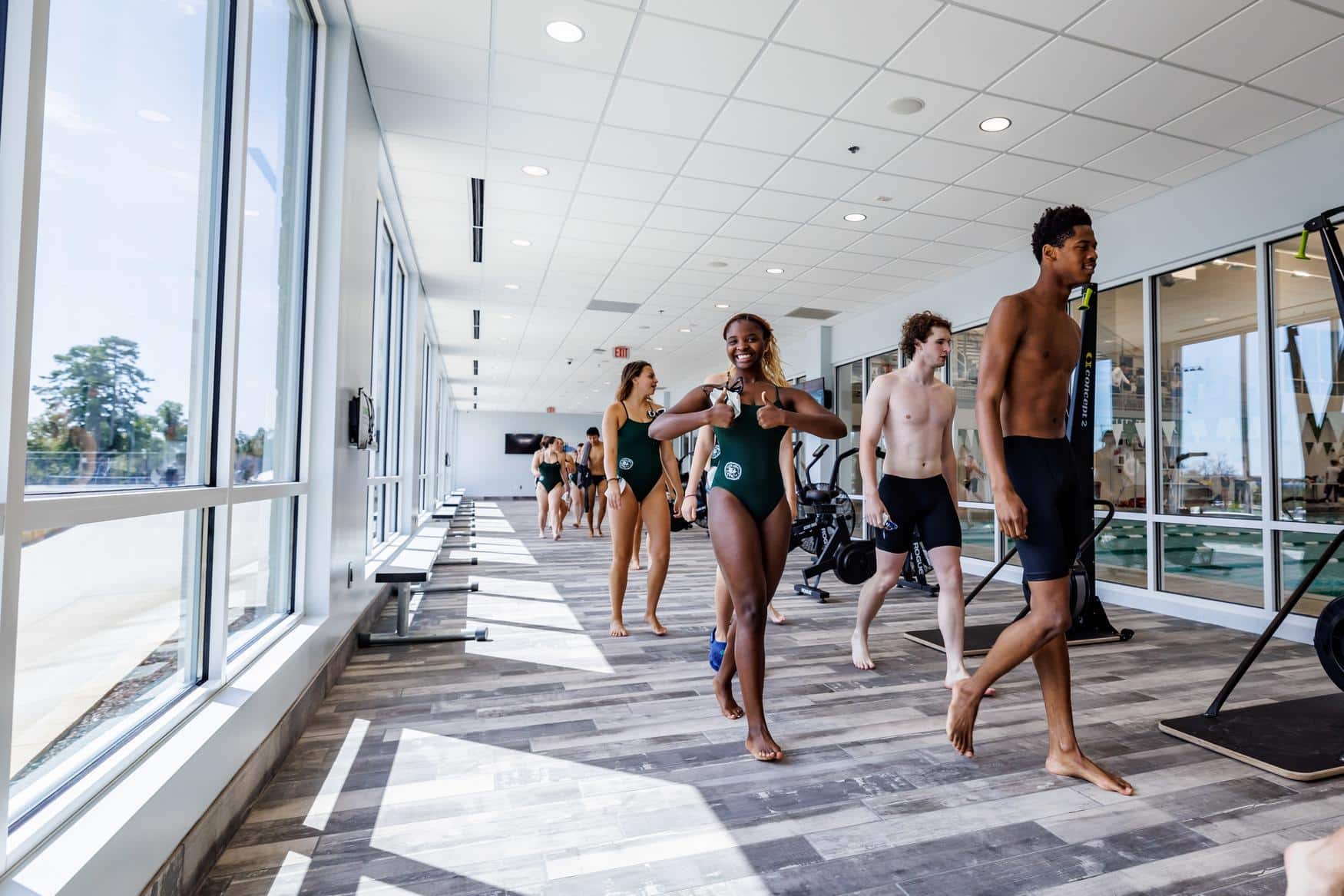
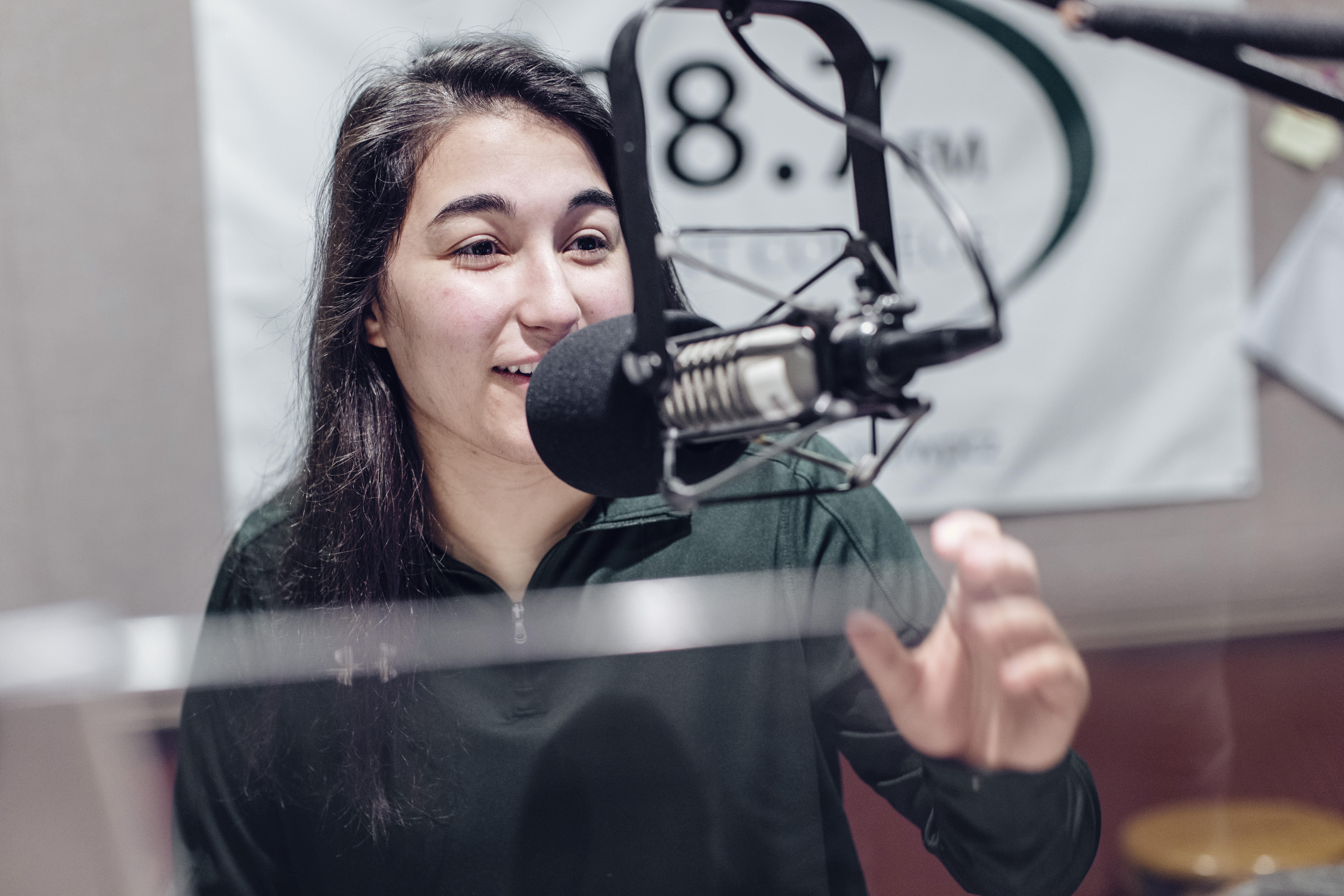
Why Pursue Sports Communications?
So many of us love sports with a passion. A major driving force of that passion is sports media and the work that turns games and competitions into compelling narratives. Piedmont University’s sports communications program will teach you how to communicate about sports – whether for a team, school, or media entity – so that you never have to leave the game.
We take our students beyond the scores and statistics. Every organized athletic organization and media entity requires individuals who understand how to best reach intended audiences. And we will help you develop broad-based media skills through classes and hands-on experience in print, video, audio, digital, social media, and other emerging media channels. You can also take courses in graphic design, sports marketing, and economics to help shape your storytelling abilities and ensure that you are ready for whatever course your career may take.
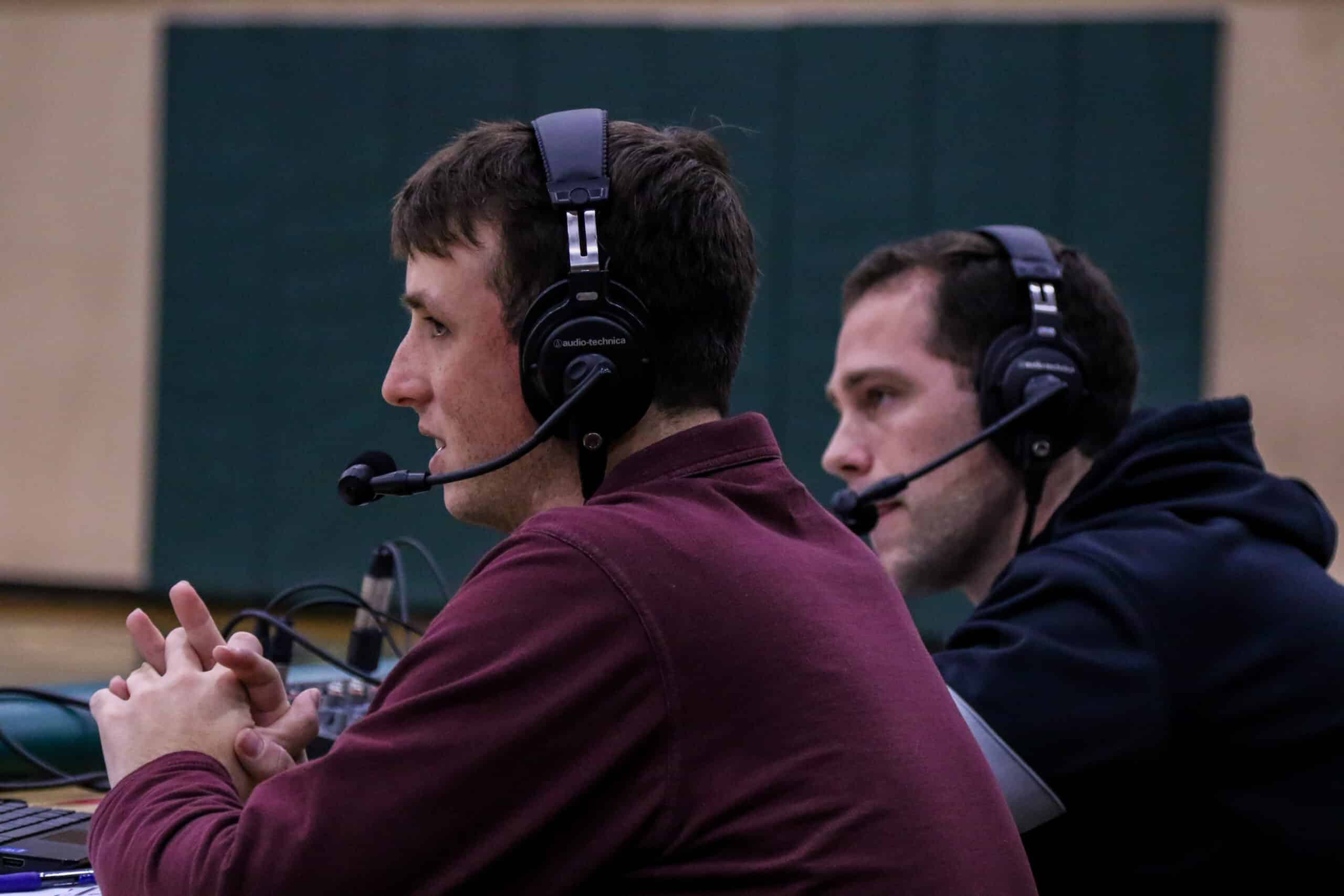

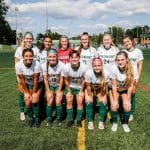

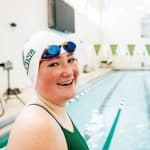
How a Piedmont Sports Communications Degree Helps You
- Master multiple media platforms and develop into a leader who is also an ethically and technologically adept storyteller.
- Gain practical and real-world experience through myriad avenues available to our students both on campus and off.
- Learn how to cover teams for media companies – as well as how to work for the teams (or schools) themselves.
- Conduct sports communications research that will help prepare you for postgraduate educational opportunities.
Career Opportunities
A Sports Communications degree from Piedmont opens doors and a wide range of professional pursuits. For instance, our graduates have gone on to build successful careers in:
A degree in Sports Communications builds expertise in media, storytelling, and sports analysis—core skills for a career in announcing & commentating. This foundation helps professionals deliver engaging coverage, offer informed insights, and connect audiences to the excitement of the game.
A degree in Sports Communications provides strong skills in journalism, media production, and sports knowledge—key for a career in reporting. This foundation equips professionals to craft compelling stories, conduct insightful interviews, and deliver accurate, engaging sports coverage across various platforms.
A degree in Sports Communications offers valuable training in media production, storytelling, and event coordination—essential for a career in producing & directing. This foundation enables professionals to shape dynamic sports content, manage broadcasts, and bring high-quality coverage to audiences across platforms.
A degree in Sports Communications provides technical skills in video production, broadcast operations, and sports media—key for a career as a replay technician. This foundation helps professionals manage real-time footage, ensure accuracy, and enhance viewer experience through seamless replay integration.
A degree in Sports Communications develops sharp analytical skills, attention to detail, and a deep understanding of the game—crucial for careers in spotting and as a statistician. This foundation supports accurate play identification, real-time data tracking, and insightful contributions to broadcasts and team analysis.
A degree in Sports Communications equips professionals with expertise in media relations, digital content, and athletic branding—key for a career in sports information direction. This foundation supports effective storytelling, statistical reporting, and strategic communication for athletic departments and organizations.
A degree in Sports Communications provides essential skills in branding, fan engagement, and media strategy—perfect for a career in team marketing and public relations. This foundation helps professionals promote teams, build loyal fan bases, and manage a strong public image across platforms.
More About Sports Communications
Learn more about Sports Communications and the variety of options available to you as a Piedmont student.
Piedmont University’s sports communication major requires that students read and analyze sports in new ways, critically examining the role of sports in society and considering such areas as gender, race, and public policy in the context of sports. Sports communications encompasses some of the best in journalism, broadcasting, marketing, advertising, public relations and new media. Students must complete 40 credit hours within their major and 9 more hours of electives, as part of their 120-hour, 4-year degree.
Piedmont sports communications majors work in various areas of student media, which serves as excellent preparation for professional careers. Experience opportunities at Piedmont include:
- Piedmont Lions Athletic Communications
- Society of Collegiate Journalists
- Student Leadership Council
- The Roar student news organization
- The Yonahian yearbook
- WPCZ-LPFM “Z-98.7” (student radio station)
- Roar student video productions
- Roar Podcasting Network
- Speech and Debate Club
- Rotaract Club
Through the coursework and a required sports media internship students are prepared for a spectrum of career opportunities in sports journalism, sports broadcasting, sports marketing, and collegiate and professional athletic communications. Recent graduates are working in collegiate athletic communications, athletic recruitment organizations, and health and fitness start-ups.
The best sports media takes you inside and shows you aspects of competition and competitors that captivate and thrill. And there’s so much involved in taking audiences on those journeys. When you watch a fully produced video piece, listen to a radio segment or podcast, or read an in-depth article, you only see a fraction of the work involved – often both on the part of someone working for a media entity and of someone working for the team/school. Sports communications majors will learn all that it takes to succeed at all aspects, including mastering multiple media platforms. We will also help you become a leader that is an ethically and technologically adept storyteller. Furthermore, students are encouraged to conduct sports communications research, which prepares them for opportunities and coursework at the graduate level.
Related Programs
Intrigued by Sports Communications? You might also be interested in one of these programs:
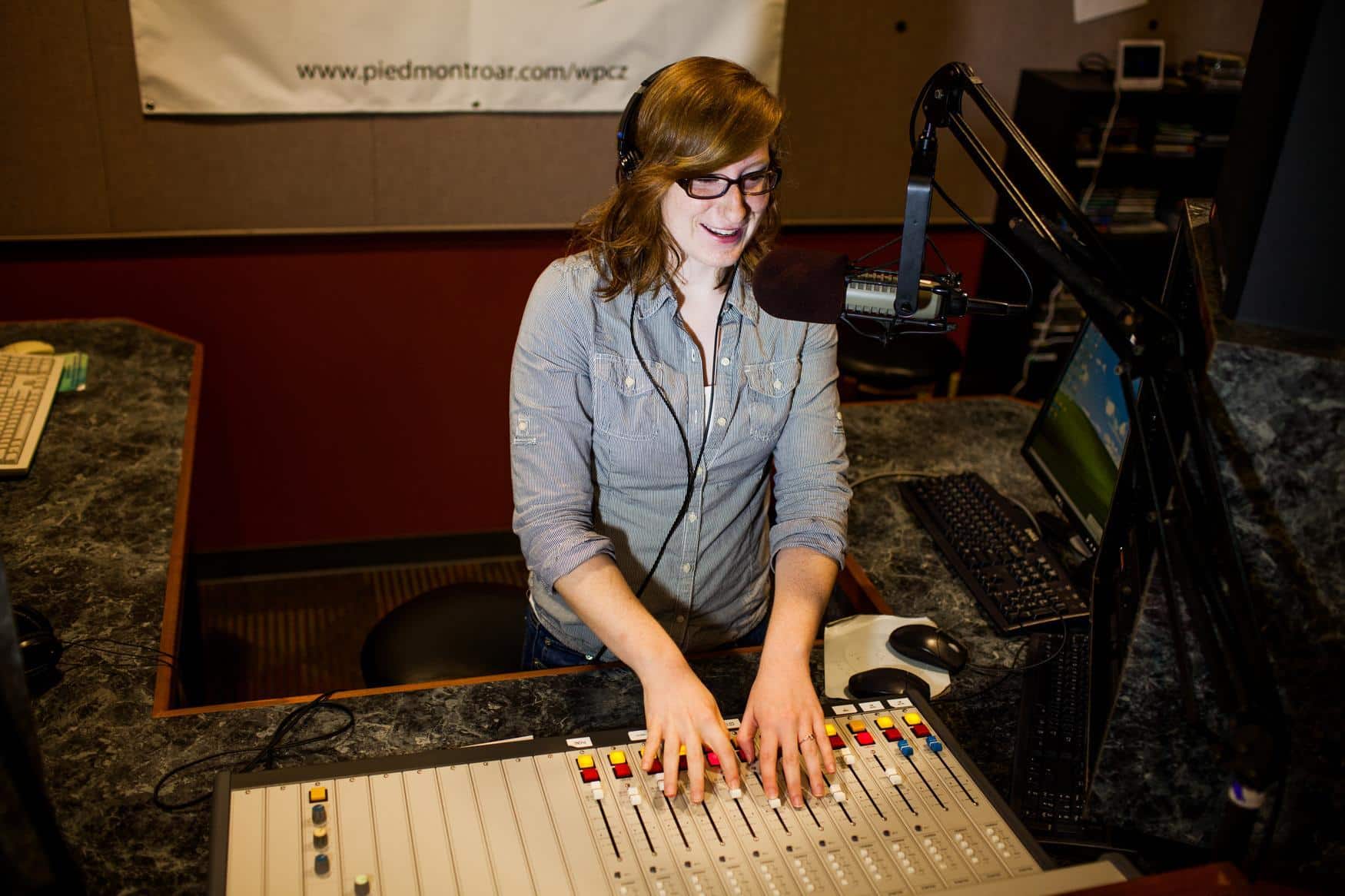

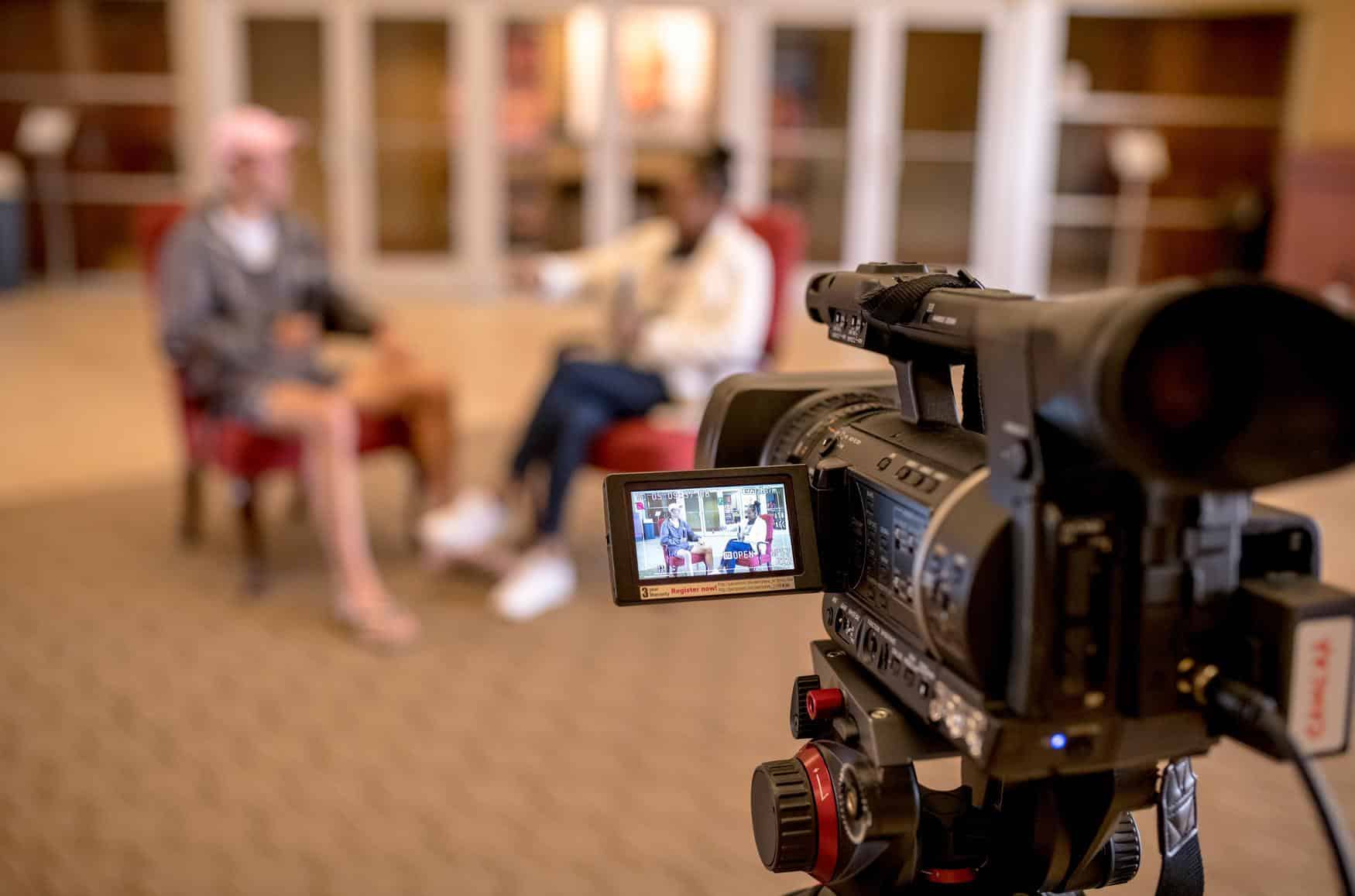
Where do I start?
To begin your journey toward becoming a Sports Communications student at Piedmont University, you can start by applying today! Or, schedule a campus visit and meet with admissions and financial aid advisors, as well as faculty members in Sports Communication.



